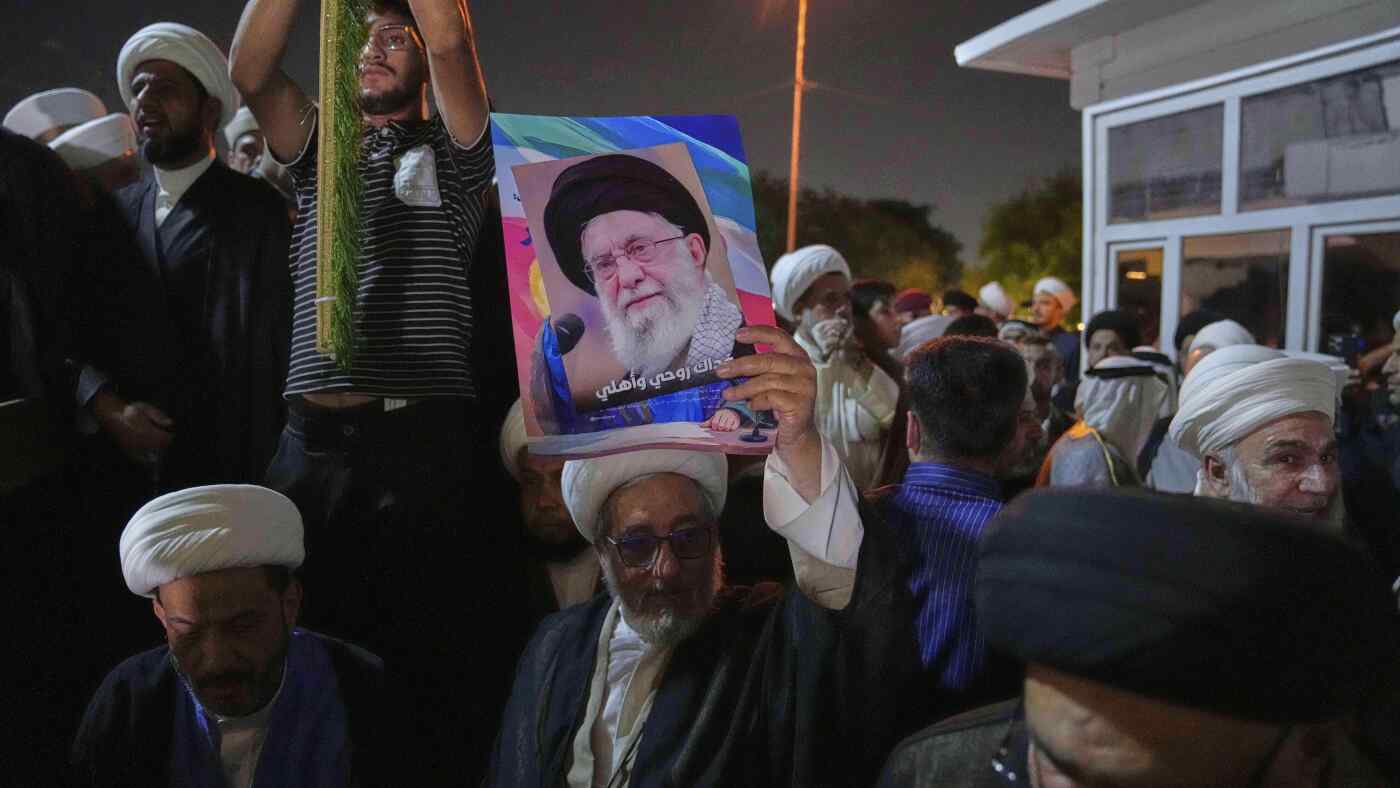European Diplomacy in the Israel-Iran Conflict
A Region on the Brink
The Middle East is once again the epicenter of global tension, as Israel and Iran find themselves in a dangerous dance of escalation. The spark that ignited this powder keg was Israel’s recent offensive against Iranian targets, a move widely interpreted as retaliation for Iran’s missile and drone attacks. The situation is a powder keg, with the United States’ ambiguous stance adding fuel to the fire. This diplomatic vacuum has compelled European nations to step in, attempting to steer the region away from the precipice of war.
The European Pivot
In the heart of this storm, European diplomats have taken center stage. The United Kingdom, France, and Germany, collectively known as the E3, have engaged in direct talks with Iran, marking the most significant diplomatic effort since the conflict began. The choice of Geneva as the venue for these talks is no coincidence. It is a city steeped in history, where the original nuclear accord with Iran was brokered in 2013. This symbolic location serves as a reminder of past successes and a beacon of hope for future negotiations.
The Nuclear Conundrum
At the heart of the European agenda is the nuclear issue. The E3 is pushing for Iran to return to the negotiating table to discuss its nuclear program. The original Joint Comprehensive Plan of Action (JCPOA) aimed to curb Iran’s nuclear ambitions in exchange for sanctions relief. Reviving this deal, or forging a new one, is a top priority for European powers. They view a nuclear-armed Iran as a grave threat to regional and global stability.
De-escalation: A Race Against Time
Beyond the nuclear issue, the European diplomats are focused on de-escalating the current conflict. They are seeking assurances from Iran that its actions will not further inflame tensions. The goal is to open a “window for diplomacy,” a narrow opportunity to prevent a catastrophic escalation. The E3’s coordination with the United States underscores the importance of a unified Western approach, despite differing views on the best course of action.
Iran’s Stance: Defiance and Red Lines
Iran, however, is not without its own red lines. Iranian officials have made it clear that they will not discuss their nuclear program while under military pressure from Israel. This stance reflects Iran’s determination to defend its sovereignty and its reluctance to negotiate from a position of perceived weakness. Iran’s recent retaliatory actions, including missile and drone strikes, further complicate the diplomatic efforts.
The US Factor: A Wild Card
The United States’ role in this complex dynamic is uncertain. While the European talks are coordinated with the US, President Trump’s potential responses remain unclear. The contrast between Europe’s diplomatic approach and the possibility of US military intervention highlights a divergence in strategic thinking. Clear communication and coordination between Washington and its European allies are crucial to avoid unintended consequences.
The Ticking Clock
The window for diplomatic intervention is rapidly narrowing. The continued exchange of fire between Israel and Iran, coupled with the potential for miscalculation, creates a volatile environment. European leaders are aware of the urgency and are leveraging their diplomatic influence to prevent a full-scale regional war. The success of these efforts depends on the willingness of all parties to engage in constructive dialogue and prioritize de-escalation.
A Fragile Hope
The Geneva talks represent a fragile opportunity to avert a wider conflict. While significant obstacles remain, the willingness of European and Iranian diplomats to meet face-to-face is a positive sign. The immediate focus will likely be on establishing clear communication channels, reducing the risk of further escalation, and exploring potential pathways for a return to nuclear negotiations. The outcome of these talks will have profound implications for the future of the Middle East and the broader international order. The delicate dance of diplomacy continues, with the hope of steering the region away from the brink of war.
A Call for Restraint and Dialogue
As the world watches, it is imperative that all parties involved exercise restraint and prioritize dialogue. The stakes are high, and the potential consequences of failure are dire. The international community must support the diplomatic efforts of the E3, encouraging all parties to engage constructively and work towards a peaceful resolution. The future of the Middle East and global security hangs in the balance, and the time for action is now. The dance of diplomacy is a delicate one, but it is the only path forward to prevent a catastrophic escalation.

